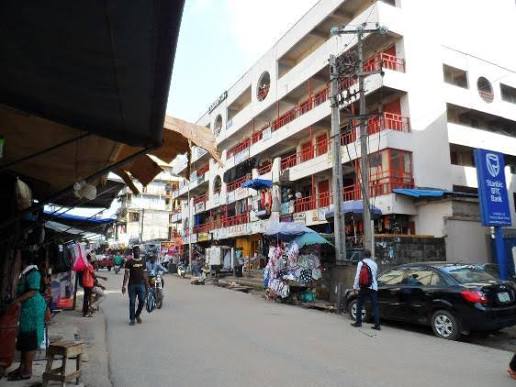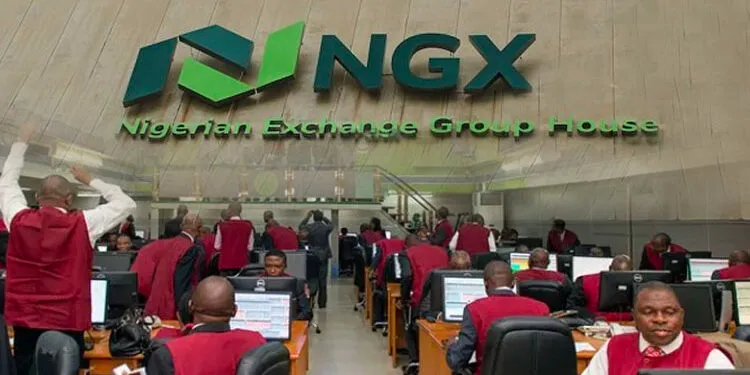Associations and operators of small businesses in Nigeria have stated that SMEs in Nigeria can’t afford to pay the N70,000 minimum wage that the federal government has approved.
President Bola Tinubu recently approved a new minimum wage of N70,000 for Nigerian workers and pledged to review the national minimum wage law every three years, according to The Punch.
During the signing of the Minimum Wage Act (Amendment) Bill into law, Senate President Godswill Akpabio declared that the new national minimum wage applies to all businesses in the country, including the federal government, states, local governments, the private sector, and even individual employers.
According to data from the Small and Medium Firms Development Agency of Nigeria, as of December 2021, there were at least 39,654,385 micro, small, and medium-sized firms (MSMEs) in Nigeria.
Also, the 2023 Social Statistics Report by the National Bureau of Statistics, indicated that Nigeria has seen a significant decline in small-scale industrialists over the past two years due to economic challenges.
Operators said millions of small firms are at risk of closing, and there is a strong likelihood of employee layoffs due to the impracticality of paying the new N70,000 minimum wage in light of the unfavourable national economic climate.
The National Vice President of the Nigerian Association of Small-Scale Industrialists, Segun Kuti-George, said, “Business owners are already battling with the high cost of production, and this is serious especially when business owners are trying to do all that they can to reduce cost.
“The new minimum wage is a good step in the right direction which is what the labour unions have been clamouring for a long time, and we have nothing against it, but whether we as small businesses can pay or not is another major issue.
“If small businesses pay N70,000, it may lead to the downsizing of workers and closure of some companies, which will escalate the unemployment rate in the country.”
He pointed out that rising costs would become a major burden for small businesses.
“Over the past year and a half, raw material costs have risen by over 100 per cent. Raising product prices by the same amount isn’t feasible due to market alternatives. Higher wages would reduce profits, potentially leading to losses, and many businesses are already looking for ways to cut costs,” Kuti-George said.
Meanwhile, the Head of Corporate Affairs Unit at the Small and Medium Enterprise Development Agency of Nigeria, Alhaji Moshood Lawal, said, “It is not feasible and unrealistic for small businesses to pay the new minimum wage of N70,000.”
He emphasized that imposing a minimum wage on small firms would be a burden, noting that there had been discussion over whether to establish a minimum wage or a standard salary for civil servants.
“Currently, small businesses face a dilemma: either lay off workers because they cannot afford to pay the N70,000, or automate their operations, thereby reducing the need for human labour to remain viable,” he added.
In his remark, the General Secretary of the Federation of Informal Workers Organisation of Nigeria, Gbenga Komolafe, said, “Some private sector operators have never been able to pay the minimum wage.”
He noted that social protection programs are in place in other parts of the world to deal with this fact.
“In some Western countries, if employers pay below the minimum wage, the government steps in to bridge the gap,” he added.










